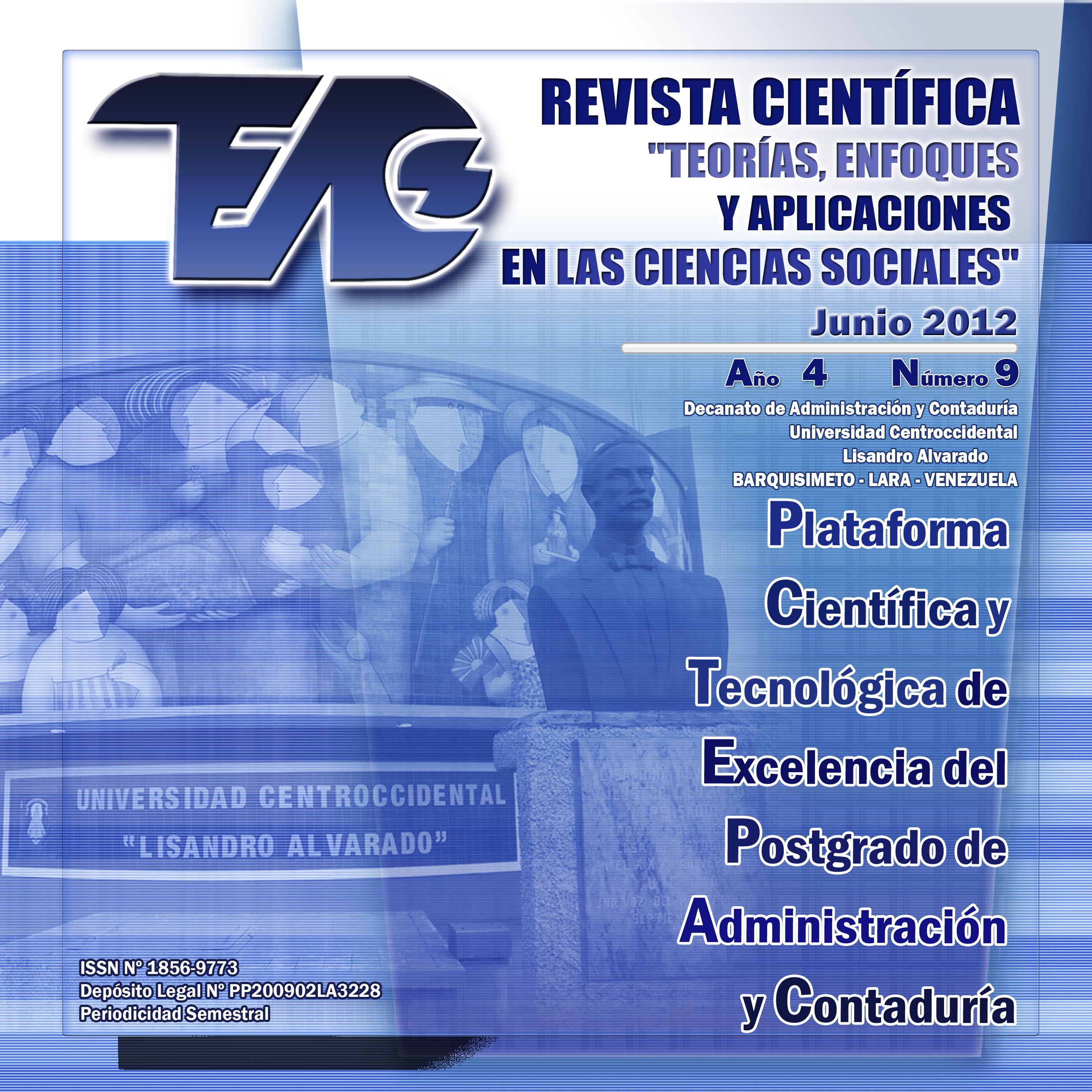Android epistemology from the perspective of complexity to the emergence of artificial intelligence
Keywords:
android epistemology, complex, artificial intelligenceAbstract
This paper considers evidence of the urgency of new disciplinary interactions from understanding other ways of knowing, involved in modern artificial intelligence, which is the science of epistemology from ancient study of human knowledge, and how individuals act to develop structures of thought. With the advent of Artificial Intelligence, at the Dartmouth's conference, epistemology faces a new challenge, consider the "knowledge" of machines and structures that allow artificial thinking, what could be the birth of a new subfield of epistemology from the perspective of complexity to be called android epistemology. The design of literature is a documentary analysis, based on the critical tool and the author's experience that allows us to reflect on the impact of epistemology from the perspective of complexity and artificial intelligence.
Downloads
References
Damasio, Antonio (2006). El error de Descartes: la emoción, la razón y el cerebro humano. Tercera edición. Critica. España
Goleman, Daniel (2010). La inteligencia emocional. Vigésimo edición. Zeta Bolsillo. México.
Minsky, Marvin Lee (1998). The society of mind. Primera edición. Simon & Schuster Inc.. Estados Unidos de América.
Morin, Edgar (2002). El conocimiento del conocimiento.Cuarta edición. Cátedra. España.
Russell Stuart J, Noving Perter (2010). Un enfoque moderno. Pearson-Prentice Hall. Tercera edición. Pearson-Prentice Hall. España
Turing, Alan (1950). Computing Machinery and Intelligence, Primera edición. Mind. Inglaterra.
Villavicencio, Victor (2010). La Neurociencia a la Ciencia Hologramática. En: Balza Laya, Antonio (Compiladores). 2010. Transdiscipliniridad y Transcomplejidad. Primera edición. Fondo editorial gremial. Venezuela. pp.179-217
Published
How to Cite
Issue
Section
Derechos del/de autor/es a partir del año de publicación
Esta obra está bajo la licencia:
Creative Commons Reconocimiento-NoComercial-CompartirIgual 4.0 Internacional (CC BY-NC-SA 4.0)
Las opiniones expresadas por los autores no necesariamente reflejan la postura del editor de la publicación ni de la UCLA. Se autoriza la reproducción total o parcial de los textos aquí publicados, siempre y cuando se cite la fuente completa y la dirección electrónica de esta revista. Los autores(as) tienen el derecho de utilizar sus artículos para cualquier propósito siempre y cuando se realice sin fines de lucro. Los autores(as) pueden publicar en internet o cualquier otro medio la versión final aprobada de su trabajo, luego que esta ha sido publicada en esta revista.



